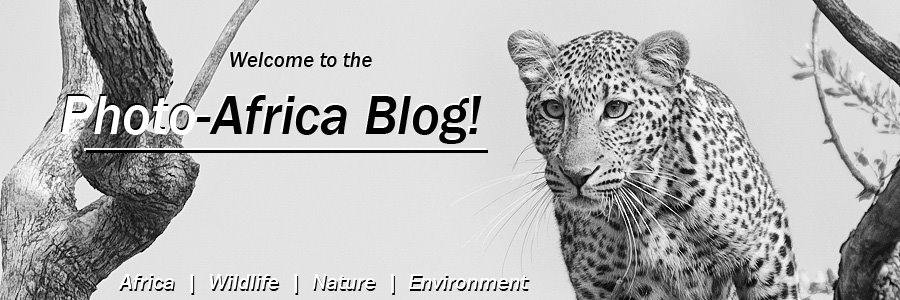Diversity in not only the natural environment but also the images I have been capturing the last while.
As you might know, I have been playing around with various lens techniques and with a certain 'feel' of images in B&W. It is kind of difficult to find something if you are not quite sure what you are looking for, could get very deep with that but not going there right now, but in a few instances I have been getting close to this unknown goal I have in mind.
I have been enjoying playing around with the B&W images as it makes you understand colour better. When you convert an image to B&W in Photoshop CS4 you play around with the different base colors while which then shows you which areas of your image will pop or fade away. When you then keep this in mind when shooting out in the field again you can not only 'see' which images will work better in B&W, but you think about color differently as well.
The amounts of yellow and red are vital when shooting with B&W in mind. If I get a chance I will upload a few examples but for now here are a few images I captured this morning and played around with a little.
 Yes, I still think the zoom trick combined with slow shutter speed is pretty nice. Combined with B&W it makes for an interesting, striking image. As I said before, there are images everywhere!
Yes, I still think the zoom trick combined with slow shutter speed is pretty nice. Combined with B&W it makes for an interesting, striking image. As I said before, there are images everywhere!
Pretty straight forward. The elephant was trying to catch the scent of a breeding herd close by which gave me this image. The B&W conversion, where I tweaked the red and yellow quite a bit, helped me create this final result.

Still not quite sure about this one. It is a flower from a Sicklebush tree (Dichrostachys cinera), converted to B&W. I feel it is mildly fascinating at best but too dark and, in this case, much prefer the original.

This was the original shot. The scientific name, Dischrostacys, literally means 'two colored flower' and you can see why. They are also sometimes called a 'Chinese Lantern Tree or, due to these trees all flowering during this time of year, a 'Kalahari Christmas tree'.
Right now for the 'few thoughts on elephants.'
I recently read the following:
"Some argue that change in any habitat is inevitable, that nothing in nature stands still and that it is the way of evolution to adapt and change over time.
True enough; but this belief carries much less conviction when applied to circumstances pertaining in areas with artificially fixed boundaries. Within these parks we are not witnessing wild nature in action, but a man-made spectacle where restriction of movement and resources modifies behavior patterns.
In a utopia of infinite resources and space, there would be substantially less impact on the environment; but much as we may prefer otherwise, the modern reality is of flora and fauna congregated within the relatively narrow limits of regions whose boundaries are determined by humans."
This passage might not what we would like to hear or think of when visiting a game reserve in Africa but it is most definitely filled with truth.
This morning we were sitting behind a group of about fifty elephants as they were slowly making their way down the road and around a corner. It felt like you were in deep dark Africa. Large mammals who have walked the soils of Africa for many hundreds of years and defines the continent's natural environment and beauty. This feeling is, I would imagine, what you read about in books of African exploration many years ago.
As the elephants left and we were able to turn the corner we saw three delivery trucks lined up on the side of the road waiting to go about their business of supplying the lodges with everything they need to keep the wildlife industry ticking over.
Just like that any notion of a romantic Africa, an Africa of completely 'wild' animals and environments gets shattered as the trucks thunder past us.
Are there still any 'truly wild' places left in Africa? In the world?
Where is all of this going? At the rate we are going, will my children and their children still be able to share the moments I am capturing? Or are some of these images all that will one day remain of African nature as we know it? Guess time will tell.

As always I look forward to hearing from you.
Until next time.
.jpg)







1 comment:
fantastic elephants! My galpal loves elephant bottoms...
Post a Comment